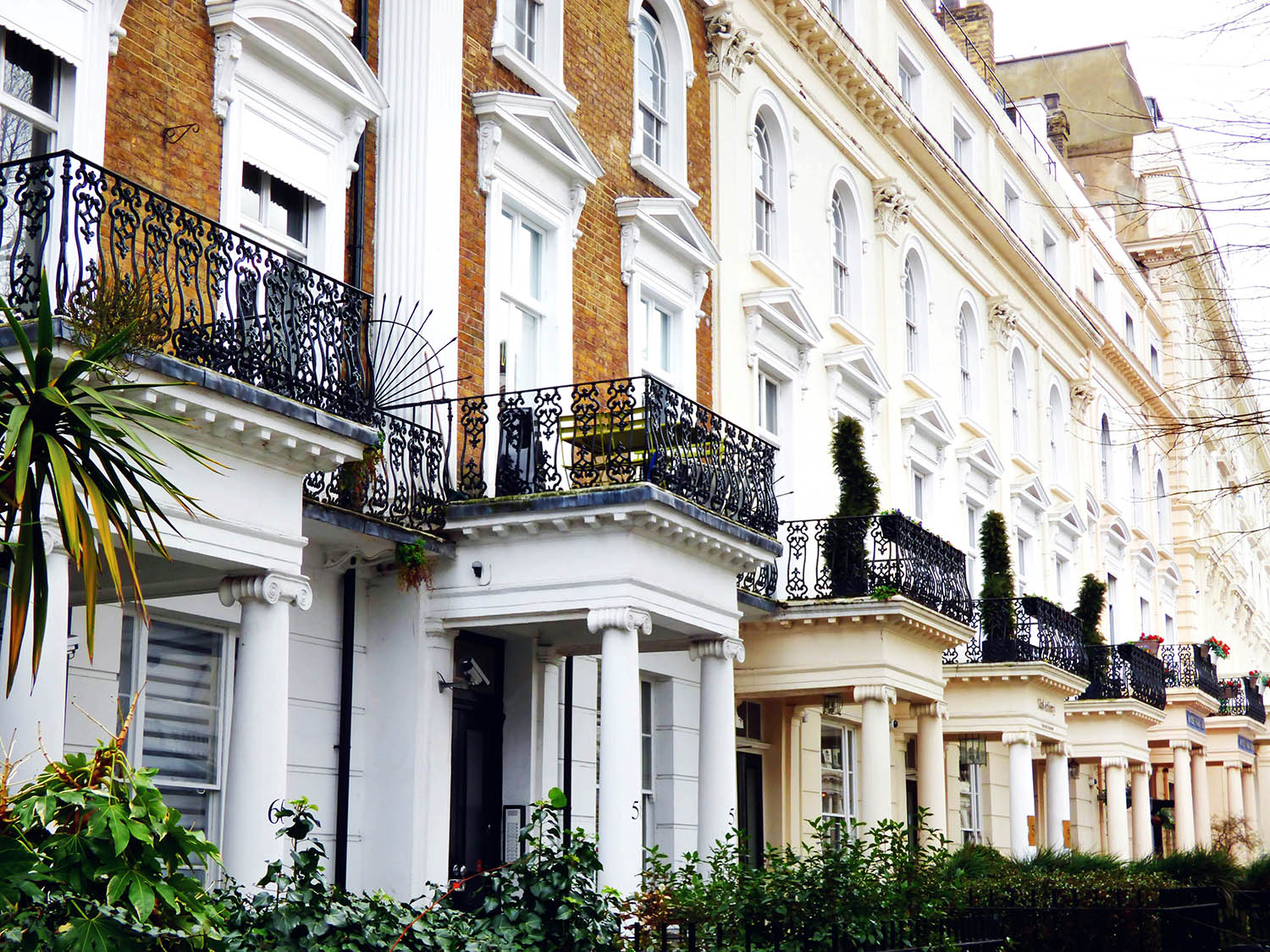
The question of who has the right to change the locks on a rented property is a tricky one. On the one hand, the landlord owns the property, and so common sense would suggest that only they have the right to make substantive changes, such as changing the locks. But the tenant lives there, and it is their security that is at stake, not the landlord’s. As such, some people might argue that they have the right to change the locks to keep themselves safe. It’s a matter of personal security, but also depends on the tenancy agreement.
Read our tenant security guide and locksmith advice produced in association with Locksmith Loughborough.
1. Tenants’ Rights On Locks/Security
At present, tenants have specific rights in law regarding their landlords entering the property. The law says that landlords must provide at least 24 hours’ notice before entering rented accommodation for any non-emergency reason, including inspection. If at least 24 hours’ notice is not given, tenants can refuse entry.
The tenant also has a right to control the keys/access to their rental property and to be secure in their own home. If a new or existing tenant ever raises concerns around security or keys, it is wise to deal with the matter quickly and efficiently for their peace of mind and to protect you in future.
Landlords need to be careful when interacting with tenants. Ideally, landlords should retain a professional distance from tenants, or get an agency to manage the property on their behalf. But sometimes, landlords can fall foul of the law, while it might seem innocent to socialise with tenants, or become friends, a landlord needs to ensure they don’t breach tenant access rights and leave themselves open to claims of harassment.
2. Can The Tenant Change The Locks? The Position Of The Tenancy Agreement
What does the law say about tenant’s rights to change locks on rented property?
Firstly, tenants CANNOT usually change the locks as and when they like. Changing the lock could breach the tenancy agreement, and the landlord may be legally entitled to arrange an eviction. Some tenancy agreements spell out that tenants are not allowed to change the locks on the property, but most say that tenants cannot make unauthorised changes in general, which includes changing the locks.
Tenants who do change locks may also fall foul of criminal damage rules. Swapping out an old lock, throwing it away, and then replacing it with a new one may be interpreted as criminal damage under the law.
3. Landlords Should Change Locks If They Haven’t Got All The Keys Back
At the end of the tenancy, landlords should make sure that they have got all the keys back. If they haven’t, then it is a good idea to change the locks to prevent former tenants from entering the property. It’s always worth having a relationship with a reliable local locksmith, who can provide both new locks and keys quickly.
4. What Are The Rules If A Tenant Wants To Change The Locks?
Ultimately, the decision of whether a tenant can change the locks on an HMO (homes of multiple occupancy) property rests with the landlord in most cases. However, there may be situations where a landlord is duty-bound to allow a tenant to change the locks.
The tenancy agreement allows it. Sometimes there is a clause in the tenancy agreement which says that a tenant MAY change locks of their own accord, so long as they preserve the fittings and fixtures.
Lost keys. If the keys are lost (or stolen), then a tenant may reasonably request that the locks be changed to ensure their buy-to-let security. The landlord will then get their own new set of keys once cut.
The tenant feels harassed by the landlord. It may be justifiable for the tenant to have new keys cut if the landlord is harassing them.
5. What Should Happen If There Is A Break-In?
If there is a break-in, landlords need to work with tenants to make sure that any locks or compromised locking mechanisms (e.g. window locks) are replaced and that new keys are cut. Landlords need to replace keys and locks as quickly as possible to avoid invalidating insurance policies and putting the tenant in danger.
6. Emergency Landlord Access And Spare Keys
Landlords should have spare keys of a property at all times for emergency access purposes. Although landlords must give 24 hours’ notice before entering a property, they do not have to in the case of an “emergency.” An emergency usually consists of a water or gas leak. In these situations, agents can force entry to resolve the issue and therefore will usually require spare keys.
7. Who Pays For Unauthorised Changes To Locks?
If a tenant replaces locks without the permission of the landlord or causes damage to the surrounding fixtures and fittings in the process, the landlord is entitled to deduct repair costs from their deposit. The landlord may also evict a tenant by applying to a court for an eviction notice.
8. When Can A Locksmith Legally Change Locks For A Tenant?
Locksmiths can legally change the locks on a property for a tenant if they have the permission of the landlord and their actions do not conflict with the Assured Shorthold Tenancy agreement.
So, in summary, can a locksmith change the locks on rented property? The answer is, it depends on the tenancy agreement, the wishes of the landlord, and sometimes the agreement of the tenant. Landlords have a duty of care towards tenants, of which changing the locks and keeping the property secure is an essential part.

